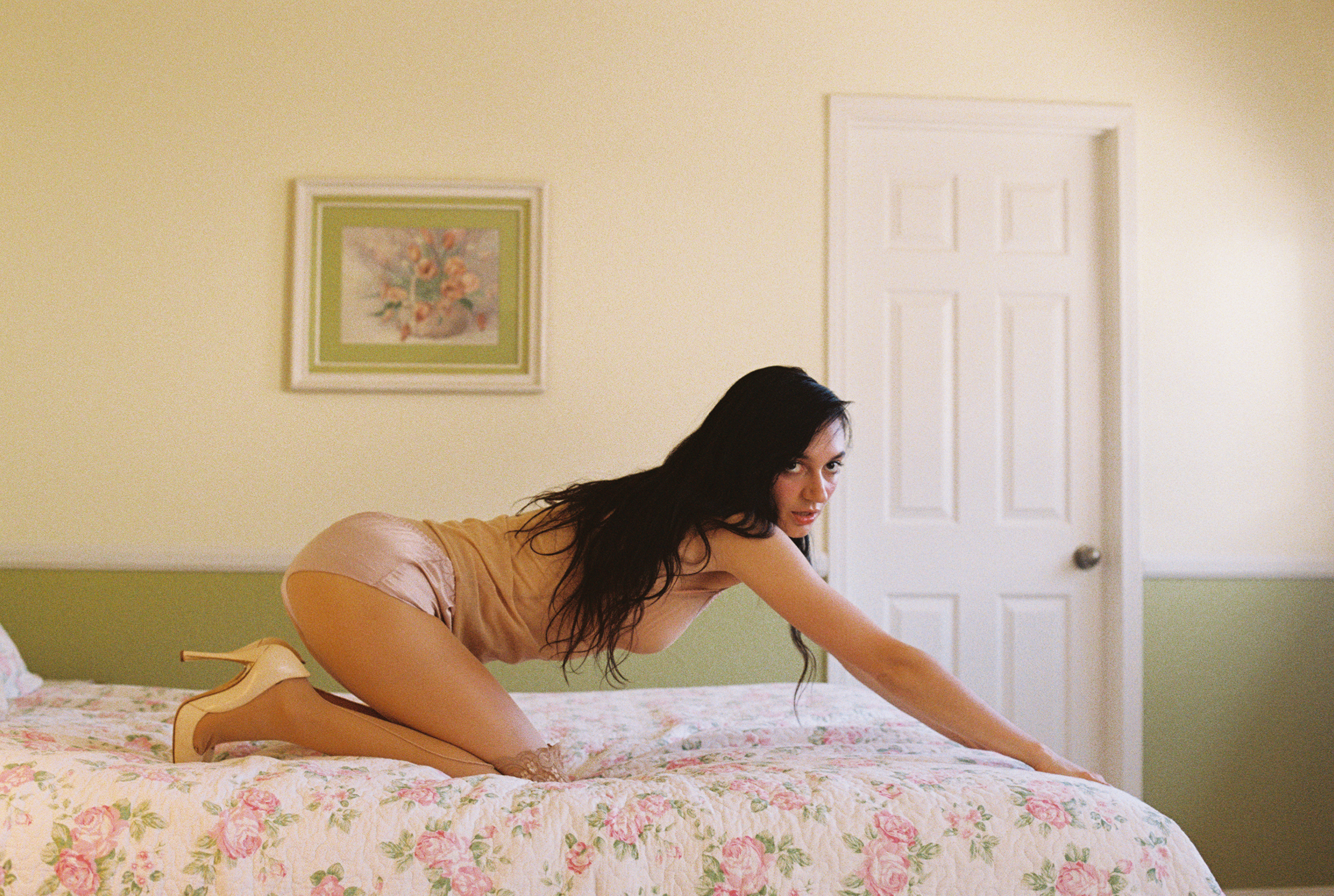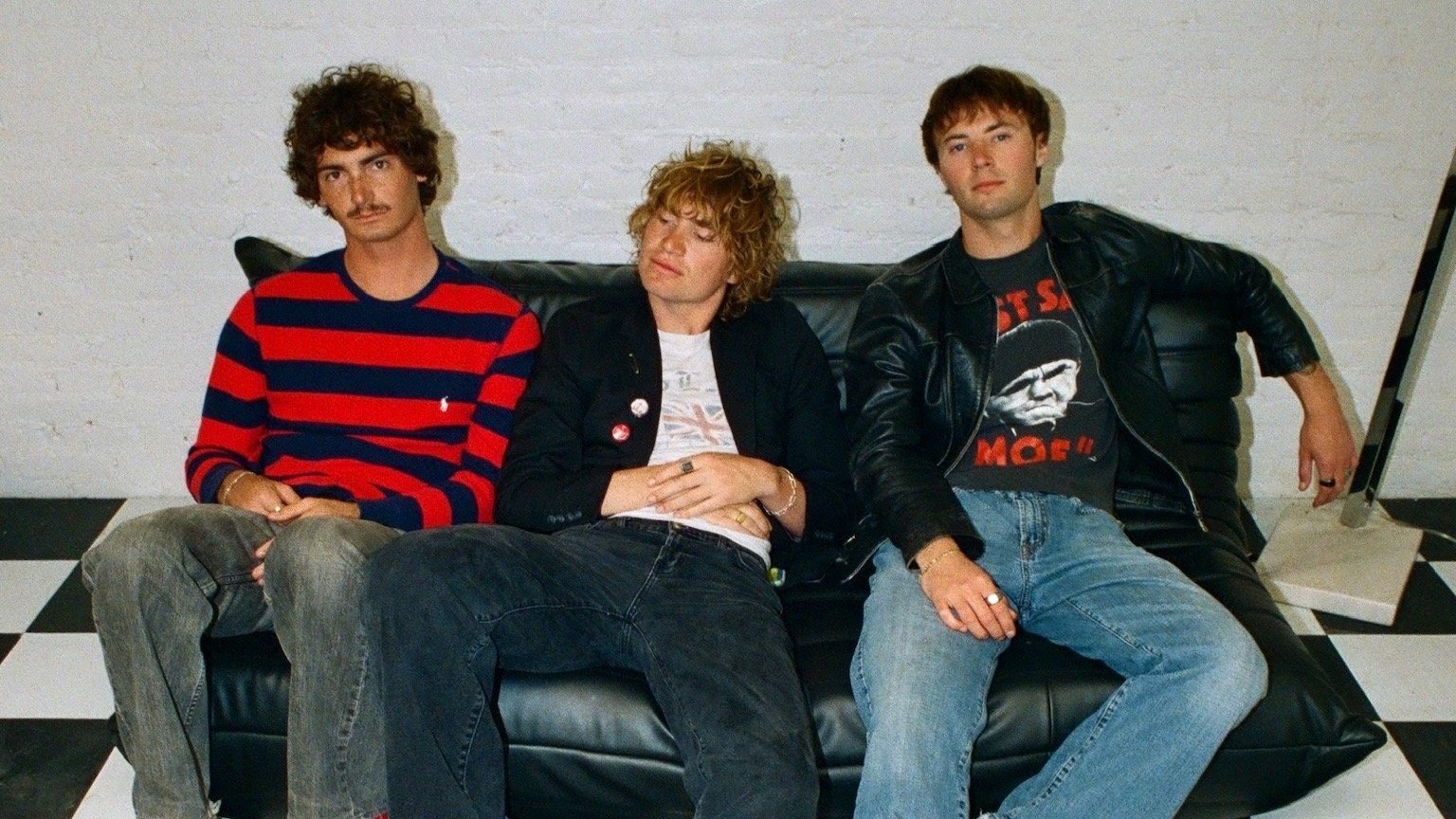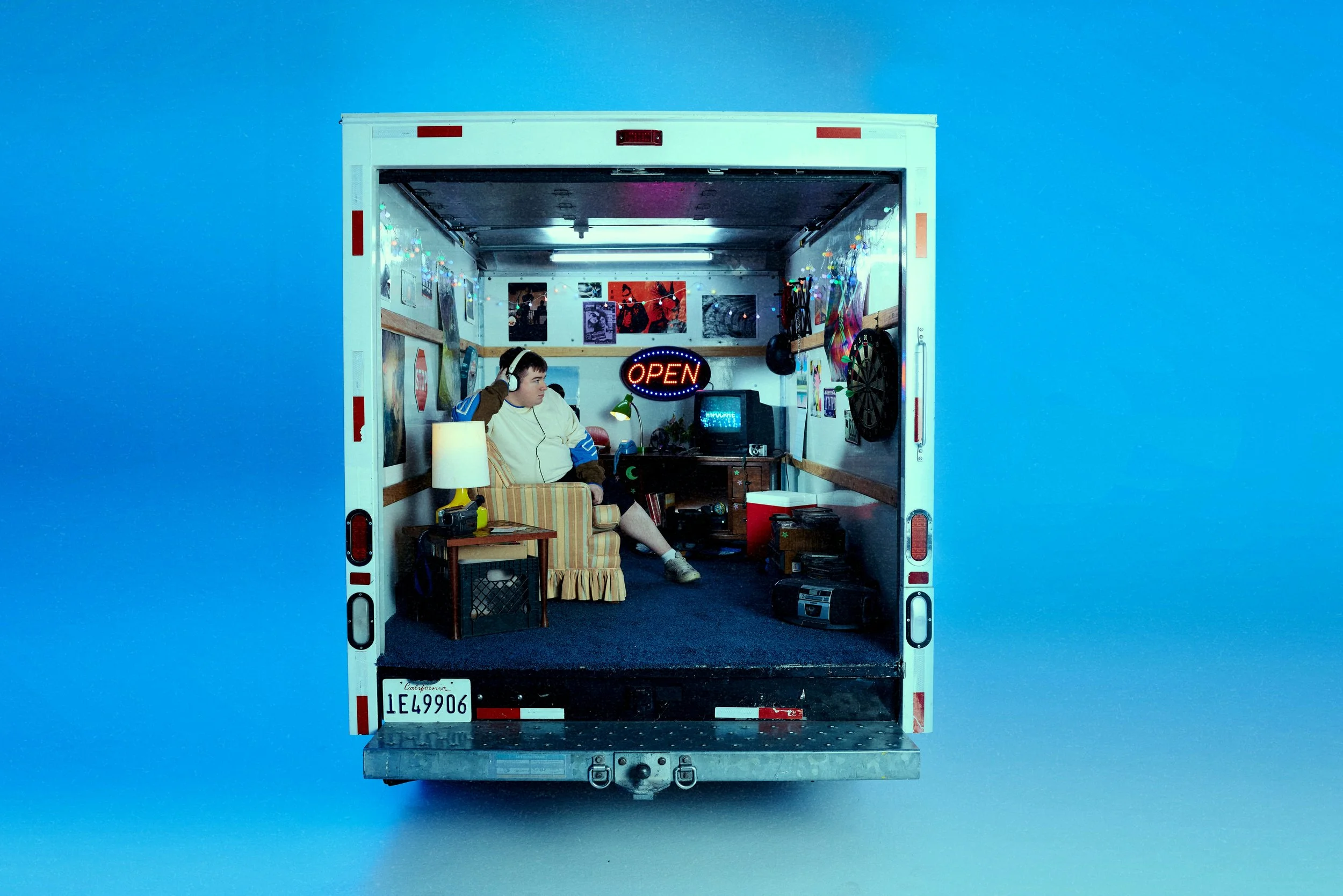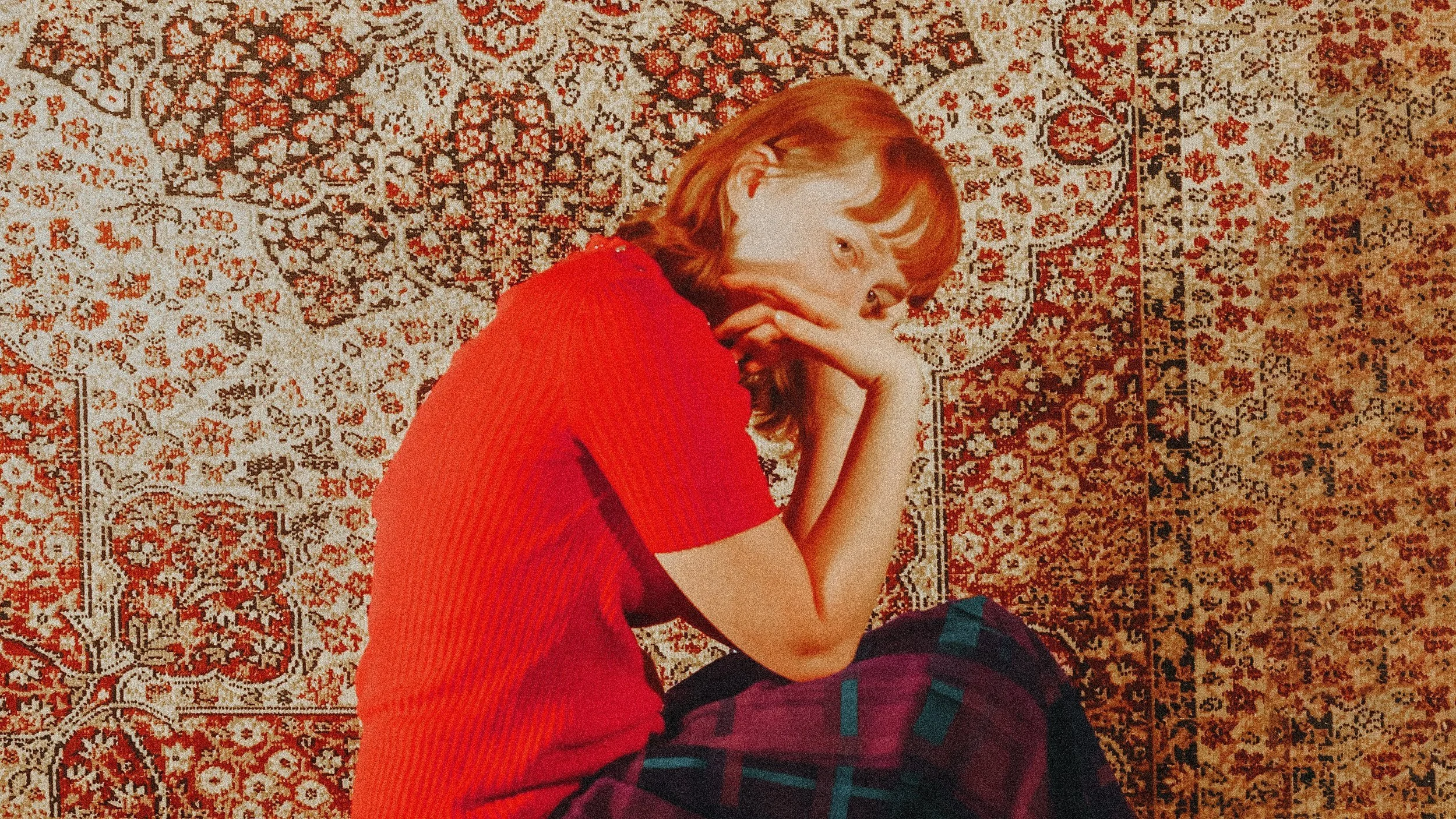Inside Daya's Boldest Era Yet
interview
✦
interview ✦
Daya doesn’t need a reintroduction—but her latest run of releases demands one anyway. Nearly a decade after she first broke out with the platinum hit “Hide Away,” the Pittsburgh-born artist—and Grammy Award winner—is entering a new phase that feels messier, sharper, and more self-possessed than ever.
Her latest single, “Demise,” leans all the way into the chaos. Anchored by alt-dance production and an undercurrent of romantic spiraling, the track captures the rush and unravel of falling for someone who might undo you entirely. “It’s one of the most dramatic songs I’ve ever made,” she admits—but also one of the most honest. It’s not polished perfection Daya’s chasing anymore; it’s the stuff that lives in the margins. The obsessive. The chaotic. The intensely human.
Though, that sense of rawness has slowly been creeping into her sound for a while. Since her 2022 EP In Between Dreams, she’s moved further from traditional pop scaffolding and closer to something that blends club textures with emotional introspection. And her recent feature on Dom Dolla’s “Dreamin” became an organic global dance hit, topping U.S. Dance Radio and racking up over 50 million streams—proving she can still deliver a banger. But now, she’s doing it with more edge, more heart, and more say in the process.
And that’s what makes this chapter feel exciting. At just 26, Daya has already lived a full pop cycle: early viral stardom, a Grammy win for “Don’t Let Me Down” with The Chainsmokers, industry pressure, and a step back to recalibrate. What’s emerged in 2025 is an artist with sharper instincts and fewer compromises—ready to tap into something bigger than chart peaks.
With “Demise” kicking off a new string of releases (and more high-profile collabs on the horizon), this summer is about Daya rewriting the rules of her own story.
“Demise” hits with such urgency and emotion. What inspired the mood or direction of that track when you were writing it?
Daya: I was in Stockholm for a writing trip when I first met producer Robin Stjernberg. He and Sandro Cavazza, who co-wrote the song, immediately inspired me with their energy and ideas. Robin had found a horn sample the night before and was already shaping it into what you now hear on the track. The melody reminded me of songs I grew up hearing on the radio, which really excited me. I hadn’t written a big pop chorus like this in a while, but the energy in the room pushed me to go for it, and I’m so happy we were able to capture the emotion we did in the song.
You’ve called “Demise” one of your most dramatic songs yet. Does that kind of theatrical energy come naturally to you—or did it feel like a risk?
Daya: I think it’s definitely a tool that exists in my arsenal. I grew up learning and performing musical theater songs, and I was always intrigued by the humor and tension and drama in those pieces. I wrote a lot of songs in that realm when I first started writing pop music, but in the past few years, I think a lot of my releases have leaned more introspective and ethereal. So, it was a fun challenge to return to the drama while blending it with my present-day humor and how my taste has evolved over the years.
That push-and-pull between euphoria and collapse in “Demise” is so specific. Do you find yourself writing best in those extremes, or trying to make sense of the in-between?
Daya: I do write well in the extremes because that’s how life feels to me. I feel like if you’re not taking a big risk with something or someone you love, almost if it doesn’t feel like it could fall apart at any moment, then it’s not worth it to me. I’d consider myself a fairly sensitive person, and for better or worse, I’ve always been able to alchemize everyday moments into big emotions. I feel like the point of making music is to take all of those emotions as far as you can anyway.
You’ve collaborated with some massive names in EDM and pop. What draws you to the dance space—and how does it shape your approach to vocal performance?
Daya: I’m so lucky to have been approached by many talented artists in the dance space over the years. My dad loved listening to electronic dance music when I was growing up, and I think that definitely shaped my taste for it. I love the spaciousness it offers, and how it leaves room for the vocal to really demand your attention. I usually get to explore a pretty wide range of dynamics on those songs, which is fun for me as a vocalist too.
With “Infrared,” “Dreamin,” and now “Demise” out in the world, are you working toward a larger project—or letting each release exist on its own terms?
Daya: I’m always working toward something—I usually feel insane if I’m not. Lately, I feel like I’ve really hit a great creative stride, and I’m excited to share what’s come out of that!
Looking back at “Hide Away” and everything that’s happened since, what’s something about your perspective—or process—that’s changed the most over the past decade?
Daya: I think I’m much better at listening to my body and mind now—knowing when I’ve pushed myself too much and need a break. In the beginning, I had no real concept of burnout or that I would even need time to emotionally recharge from all that was happening. Now, I’m much more patient with myself and I can understand that rest days are just as crucial to the process as anything else.
What’s something that used to scare you as an artist that now feels exciting?
Daya: Failure was definitely something I used to avoid. It felt so vulnerable to put a song or any piece of content out there and risk rejection. Now, I actually look forward to failure because it’s a chance to learn more about myself and what does or doesn’t work. I think once you get through something really tough and realize you’re still here, you’re not going to die, and everything might be fine after all, then honestly anything starts to feel possible.
In a year where so many artists are reshaping what pop can look like, how do you define success for yourself now?
Daya: I feel most successful when I’m putting out music that I love and that challenges me. I feel most like the artist I want to be when I’m taking big swings to better understand myself, my relationships, and the world. I’ve been in the industry long enough to realize that nothing really matters to me except the way it all feels and the connections I make, and I want to continue to prioritize that above all else.







